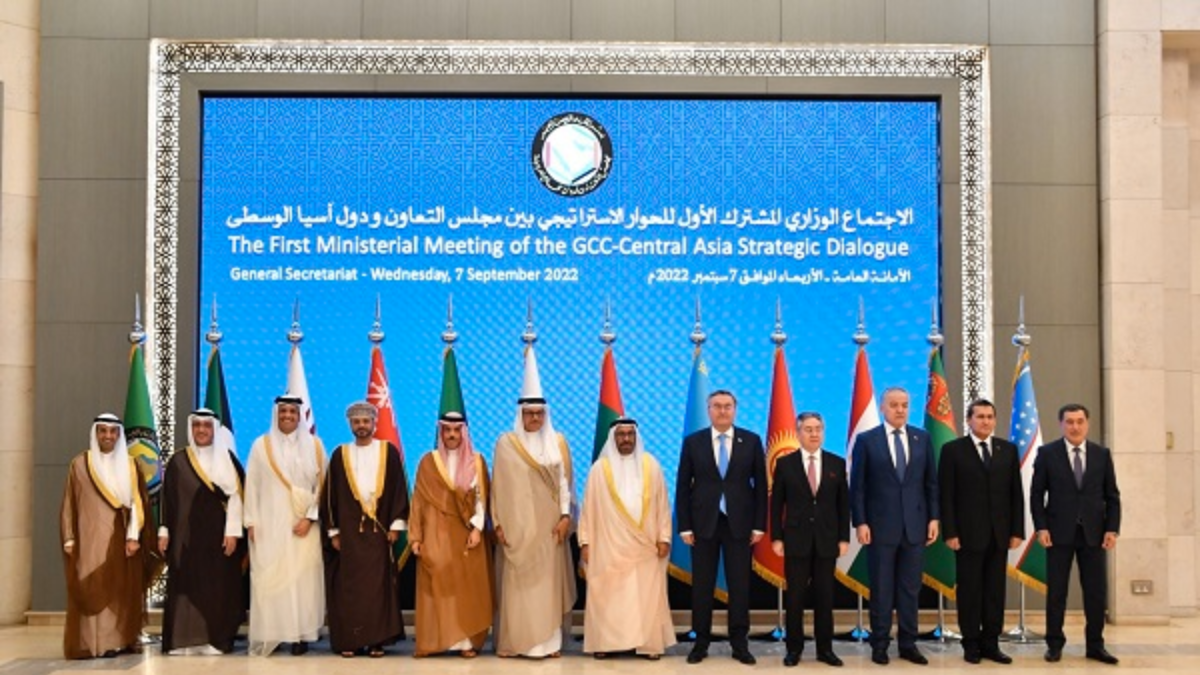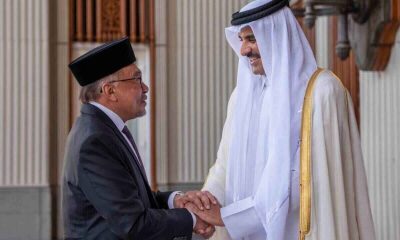The GCC and Central Asian states have recognized the importance to work together to ensure the flexibility of supply chains while improving transportation and communication, food security, energy security, and water security.
This summit in Jeddah was the first-ever meeting between the GCC countries (Saudi Arabia, the UAE, Bahrain, Qatar, and Oman) and five Central Asian countries (Uzbekistan, Turkmenistan, Tajikistan, Kyrgyzstan, and Kazakhstan).
Saudi Arabia’s Crown Prince Mohammed bin Salman said the summit embodies the long-standing ties shared between the GCC and Central Asian countries. He highlighted that the challenges confronting the world demand collective action and stressed the need to intensify efforts to address challenges affecting energy security and global food supply chains.
MBS emphasized the need to respect the sovereignty and independence of states and to refrain from interference in their internal affairs. Sheikh Mishal al-Ahmed al-Jaber al-Sabah, Kuwait’s Crown Prince, said the summit reflected a shared desire to develop relations among the participating nations. And the President of Tajikistan, Emomali Rahmon, shared the importance of enhancing security cooperation with the Gulf states to promote stability in Central Asia.
In a joint summit, the GCC and Central Asian countries called for increased cooperation in developing renewable, green energy sources and technologies, creating business opportunities, supporting investment opportunities and increasing trade. It brought forth the importance of building strategic and political dialogue between the countries, and strengthening of partnership in various fields.
The statement said it is important to continue efforts to build trade and economic cooperation and encourage joint investment, strengthening of relations between financial and economic institutions. It highlighted the importance of developing transport routes to connect the two regions, building strong logistical and commercial networks, and developing effective systems that contribute to the exchange of products.
Khaled Abou Zahr said the corridor’s development would require substantial investment in infrastructure, enabling the seamless transportation of people, goods, services, and ideas. He believes this project would generate economic growth and develop greater prosperity for the people across these regions. And as the Saudi Investment Minister Khalid Al-Falih said, there are several untapped investment opportunities in vital sectors in the Central Asian region, like tourism, renewable energy, hydro-electricity, agriculture, and health services.
ALSO READ: Renewed wave of bank heists sweeps cash-strapped Lebanon
Moreover, development of bilateral trade and economic relations between Astana and Riyadh will have a positive impact on the expansion of opportunities in the strategic logistics sector. Zahr pointed out that the Caspian Sea corridor holds significant importance, as Kazakhstan plays a major role in connecting China, Azerbaijan, Georgia, Iran and Turkiye.
The trade links empower greater stability and integration among all members and offer cooperation and trade, instead of disruption and conflict.






















